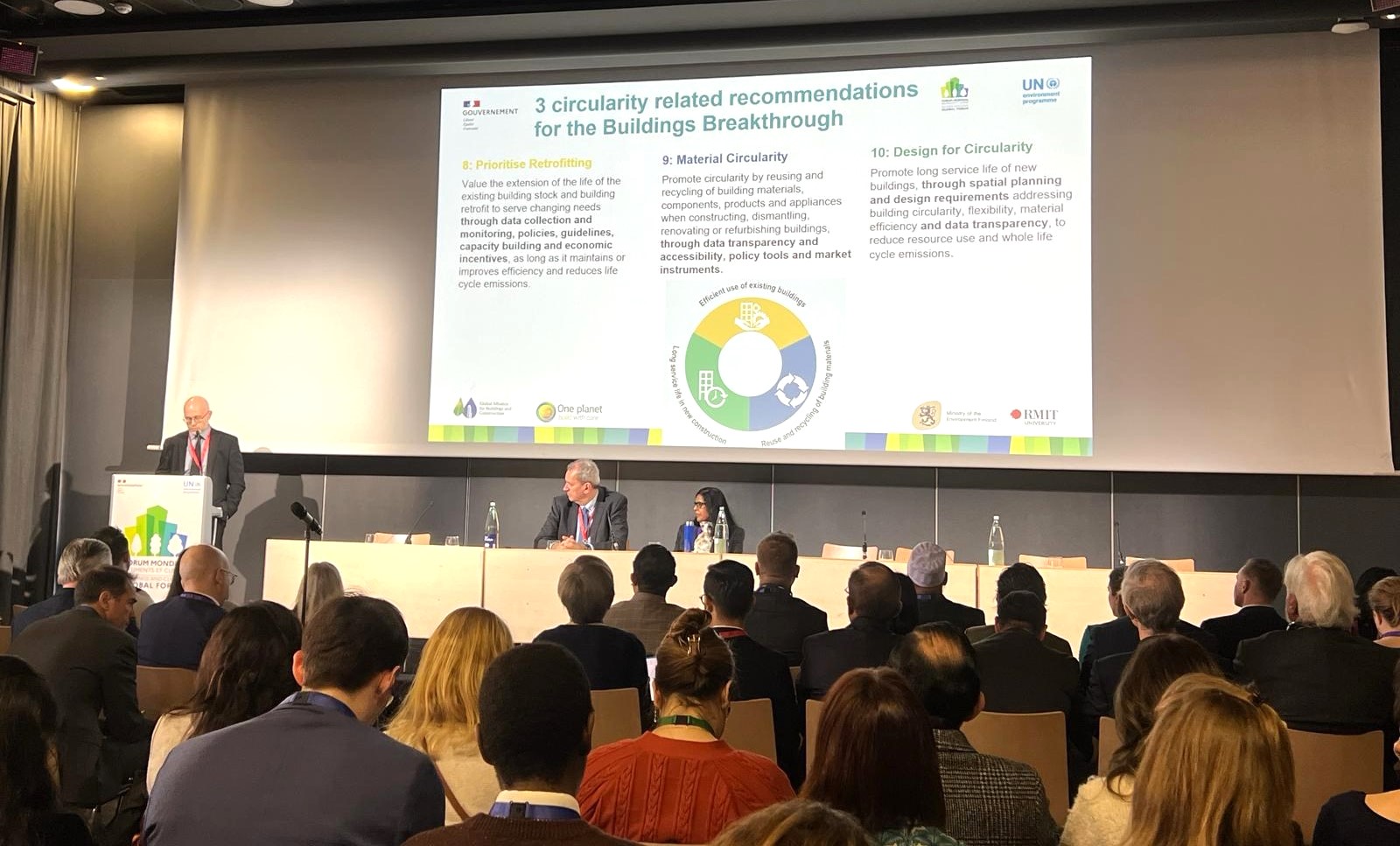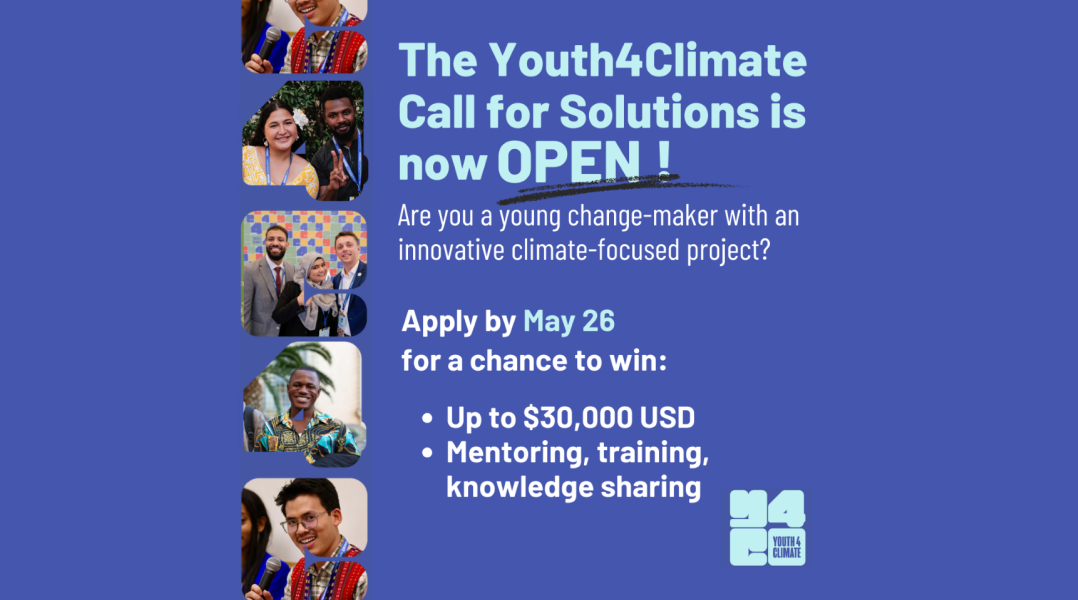Policy Instruments on Product Lifetime Extension (PLE)
To encourage more sustainable production and more conscious consumption, the United Nations Environment Program (UNEP), in partnership with Akatu, launched the publication in English, Policy Instruments on Product Lifetime Extension (PLE). The publication presents political and regulatory initiatives that seek to promote the extension of the shelf life of products and are being developed or implemented in countries such as Brazil, France, China, India, Mexico, and the European Union.
The report disseminates good practices and instruments that extend the useful life of products and provide a global experience on the subject. It compiles already approved laws, others still in progress related to planned obsolescence, minimum durability, product repair, product warranty, and consumer rights.
About the publication
The Policy Instruments on Product Lifetime Extension (PLE) report is the result of the working group "Using Product Lifetime Extension to Advance Circular Economy," led by the United Nations Environment Program (UNEP) and Akatu Institute. It is part of One Planet Network's Consumer Information Program (CI-SCP), developed by UNEP and the International Trade Center in 2017.
The extension of a product's useful life is the postponement of the final phase of that product through an intervention in the production and consumption processes. It is possible to design more durable items so that consumers can use them for longer. The practice generates positive impacts such as saving natural resources, reducing pollutant gas emissions associated with new products, and reducing waste generation.
Policies and regulations play a crucial role in promoting the extension of the shelf life of products, encouraging companies and consumers to adopt the principles of the circular economy.
Sustainable consumption and production (SCP) is increasingly a priority for policy-making. It is a cross-cutting theme of the Agenda 2030 and the Sustainable Development Goals, directly addressed by Goal 12 – Ensure sustainable consumption and productions patterns. The world's transition towards more SCP practices depends to a high degree on the role of governments to reform policies that encourage unsustainable consumption and wasteful use of resources, enhancing the uptake of more sustainable, durable products and contributing to reducing pollution and the pressure on natural resources.
External source(s)





